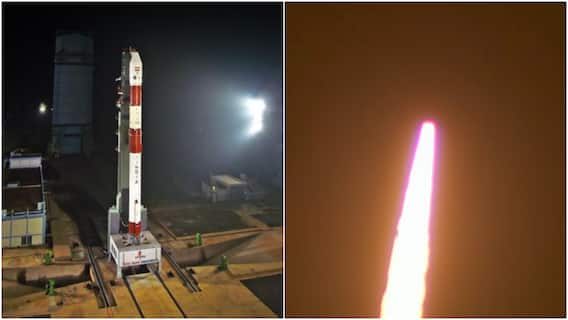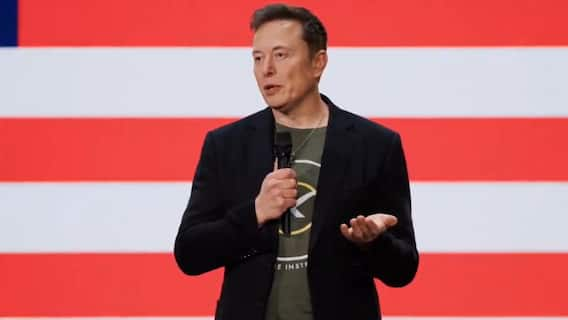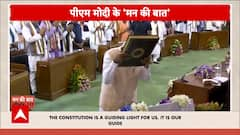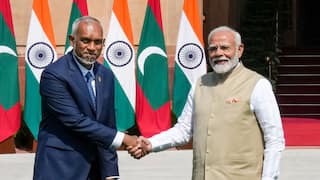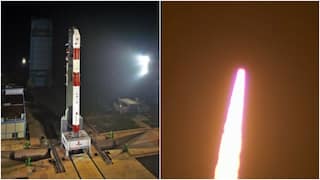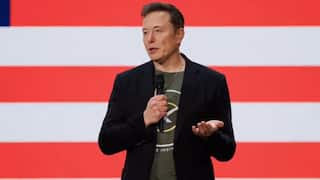Fuel Retailers Could Consider Price Revision Only When Oil Prices Stabilise Below $80: Industry Officials
The three government-owned fuel firms, IOC, BPC, and HPCL, together control 90 per cent of the fuel market and have kept petrol and diesel prices on a freeze for the 20th consecutive month in a row.

The state-owned fuel retailers are possibly going to go back to undergoing daily revisions in fuel prices only when international oil prices stabilise below $80 per barrel on a sustained basis, industry officials noted. The three government-owned fuel firms, Indian Oil Corporation Ltd (IOCL), Bharat Petroleum Corporation Ltd (BPCL), and Hindustan Petroleum Corporation Ltd (HPCL), together control almost 90 per cent of the fuel market and have kept petrol and diesel prices on a freeze for the 20th consecutive month in a row.
This pause happened despite the crude oil cost increasing last year, resulting in heavy losses for the companies in the first half of the 2022-23 fiscal year. This was followed by an easing in prices which returned the fuel retailers to profitability, reported PTI. The report quoted an industry official and said, “There is considerable volatility in the international oil market and prices fluctuate wildly.”
Citing another anonymous official from the industry, the report noted that India remains the world's third-largest oil-consuming and importing country. “Oil companies can cut prices by Re 1 per litre and everyone will applaud. But when international oil prices go up, will they be allowed to raise rates remains in doubt. It imports more than 85 per cent of its oil needs and hence domestic pricing is linked to international rates. The basket of crude oil that India buys has averaged USD 83.42 per barrel in November, down from USD 90.08 of October and USD 93.54 of September.”
The official further stated that the oil companies are earning some money on petrol and diesel at current prices, ‘but it has been in a touch-and-go scenario in recent weeks’. He noted that there is a lot of volatility in diesel prices, leading to a lack of consistency in the profitability of the fuel.
Another official from the industry noted that the retailers have been recovering their losses incurred from freezing prices when crude oil rates surged sky-high last year. Earlier this year, global oil prices and retail pump rates came to par, ‘but the subsequent surge widened the gulf between cost and price realised. For oil companies to revert to daily market based price revision, oil prices will have to come below USD 80 on a sustained basis,’ the official stated.
Notably, petrol and diesel prices have been on hold since April 6 last year. The firms made massive profits in the first half of the fiscal year, however, officials noted that considering the weak earnings of the previous year, they are yet to recover the losses.
IOCL recorded a net profit of Rs 26,717.76 crore this year, against a full-year profit of Rs 8,241.82 crore in 2022-23. Earlier in FY22, the firm logged a net profit of Rs 21,762 crore for the complete year.
Notably, the firms suffered huge losses in the aftermath of the Russian invasion of Ukraine due to high prices. These losses were reduced in the latter half of the previous fiscal year. Global oil prices have surged since August, resulting in the margins of the firms dropping again.
The officials further stated that the firms’ marketing margins have already reduced significantly from the levels seen in the first quarter of the current fiscal year. Marketing margins represent the difference between the net realised prices and international prices. Marketing margins on diesel turned negative since August, while those on petrol reduced considerably during the same period as global prices surged.
Also Read : India Logs July-September Quarter GDP Growth At 7.6%
Trending News
Top Headlines







